Technical Program | upcoming deadlines
>> SCHEDULE
2023 ASHRAE Annual Conference Technical Chair: Bert Phillips | phillips@unies.mb.ca
Overview of Conference Tracks:
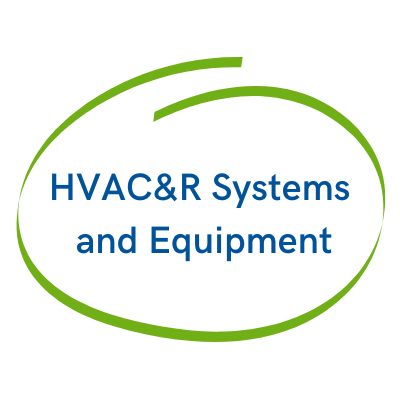
1. HVAC&R Systems and Equipment are constantly evolving to address the changing requirements of the built environment. Papers and programs in this track focus on the development of new systems and equipment, novel applications of existing systems and equipment, improvements to existing systems and equipment and the proper application and operation of systems and equipment.
Track Chair: Ng Yong Kong | nyk@nyk.com.my
Co-Track Chair: Atilla Biyikoglu | abiyik@gazi.edu.tr
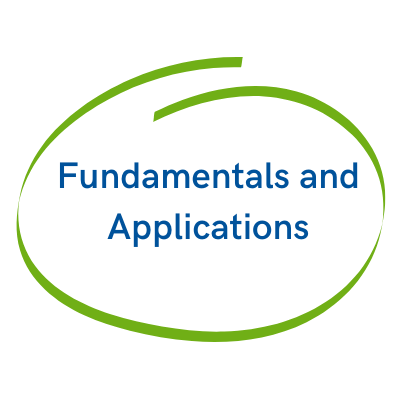
2. Fundamentals are the foundation for understanding applications in engineering. Key components of ASHRAE fundamentals include thermodynamics, psychrometrics, heat transfer, fluid and mass flow. This track provides opportunities for papers and presentations of varying levels across a large topic base. Concepts, design elements and shared experiences for theoretical and applied concepts of HVAC&R design are included.
Track Chair: Brian Fronk | Brian.Fronk@psu.edu

3. Active research, and the exchange of those research findings, are critical to the development of our HVAC&R industry and built environment. The 2023 Annual Research Summit invites researchers to share those results, including ASHRAE-sponsored research and research of interest to the ASHRAE community. Researchers are invited to present papers, extended abstracts, seminars, forums or participate in panel discussions. The Research Summit includes a partnership with ASHRAE's archival journal, Science and Technology for the Built Environment.
Track Chair: Davide Ziviani | dziviani@purdue.edu
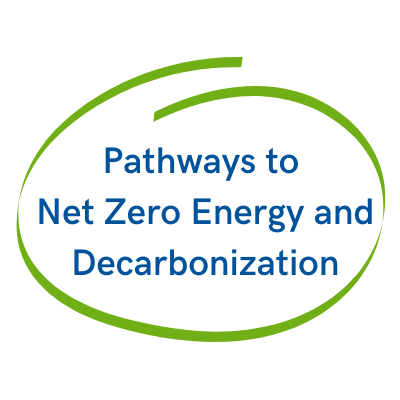
4. Decarbonization is urgently needed to slow climate change that is affecting the wellbeing of our planet. Whether it is new construction, renovation or routine maintenance, ASHRAE and its members are leading in the advancement of carbon neutral, net zero energy and decarbonization strategies in building and HVAC&R design.
>> This track highlights: case studies and research that expand on the simple to the complex methods being developed to reduce carbon impact on the global environment; tools and resources to make zero energy design and operation more easily achievable; innovative and state-of-art technologies and strategies to achieve zero energy communities and campuses; policies and regulations, codes and standards, and utility programs for adoption and scale up of net zero (or net-positive) energy building and community initiatives.
Track Chair: Rafi Karim | rkarim@aeieng.com
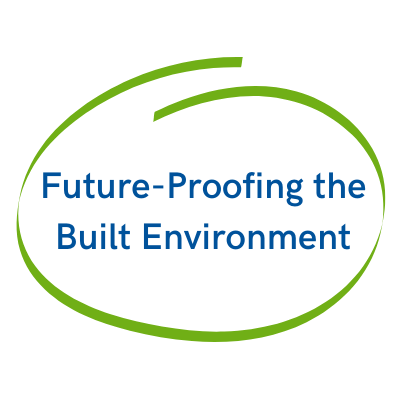
5. In the face of climate change and weather extremes (hotter, colder, wetter, drier, wilder winds, wildfires, seawater rise, etc.) and energy supply disruptions and shortages, methods of designing, constructing and operating buildings and HVAC&R systems for resilience and sustainability are paramount to long-term success.
>> This track invites papers, abstracts, seminars and forums that highlight innovative technologies and strategies that reimagine our relationship with the built environment now and into the future, including advancements in: grid resilience; thermal storage systems; demand response; HVAC systems, equipment and design strategies for extreme climates and weather (e.g., outdoor and passive cooling, water scarcity); appropriate responses to energy supply disruptions; and how all the above are tied to resilience and energy conservation efforts.
Track Chair: Scott Peach | sp@sp.engineering
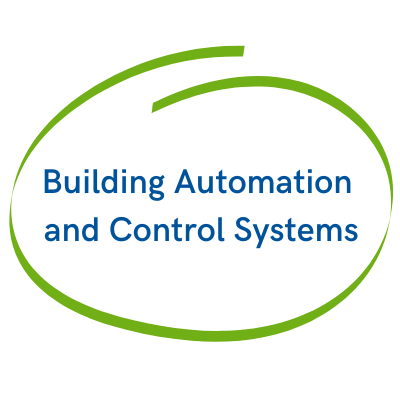
6. As sensor systems, internet connectivity, building management software and data collection become more sophisticated and ubiquitous, there are substantial opportunities to make buildings and HVAC system and equipment “smarter”, with improved security, performance, efficiency and maintenance, and better utilization of renewable energy resources, including wind and solar energy and energy storage.
>> Submissions in this track may include IoT, cyber security, fault detection and diagnosis, big data analytics and applications, smart building, grid-enabled equipment and appliances, and HVAC design and operation for load flexibility, time-of-day practices, utility programs, etc.
Track Chair: Raul Simonetti | raul.simonetti@carel.com

7. We participate in ASHRAE functions for the great value of technical exchange, and also for valuable interpersonal connections and exchanges. This track is designed to provide opportunities to develop and share knowledge in the areas of presentation skills, leadership, teambuilding, understanding various business operations, interpersonal skills, etc., and an opportunity for educators to share knowledge in the teaching and education of current and future generations of professionals. It also provides a venue for presentations on the importance of ethics and benefits of diversity, equity and inclusion (DEI) in our professional and personal development.
>> In addition to seminars, submissions to this track may lend themselves to interactive session types such as workshops, panels and forums.
Track Chair: Ahmed Abdel-Salam | ahaabdelsalam@gmail.com


|
These sessions present both technical and conference papers. Conference papers are written on current applications or procedures, as well as papers reporting on research in process. These papers differ from technical papers in that they are shorter in length and undergo a much less stringent peer review. Technical papers cover current applications or procedures, as well as papers resulting from research on fundamental concepts and basic theory. Papers presented in these sessions have successfully completed a rigorous peer review. PowerPoint presentations with audio descriptions of the presentations are posted online in the Virtual Conference. Preprints of the papers are available to all attendees who have purchased a conference registration.
|
 |
|
Forums are “off-the-record” discussions held to promote a free exchange of ideas. Reporting of forums is limited to allow individuals to speak confidentially without concern of criticism. There are no papers attached to these forums.
|
 |
Debates highlight hot-button issues. Experts, either on teams or as individuals, present different sides of an issue in debate format. Each participant presents evidence for or against a specific statement or question such as ‘Is Sustainability Really Sustainable?”.
|
 |
Panel discussions can feature a broad range of subjects and explore different perspectives on issues in the industry. A panel may feature discussions about integrated project delivery among designers, builders and facility management professionals.
|
 |
Seminars feature presentations on subjects of current interest. Papers are not available from the Society; however, seminar PowerPoint presentations with audio descriptions of the presentations are posted online in the Virtual Conference. Access is free for attendees who purchase a conference registration. Seminars are available as a collection via subscription to the Technology Portal online and include video files synched with audio, audio files and PDF files of the presentations.
|
 |
Workshops enable technical committees and other ASHRAE committees to provide a series of short presentations on a topic requiring specific expertise. These short presentations are provided with an increased emphasis on audience participation and training in a specific set of skills. PowerPoint presentations with audio descriptions are posted online in the Virtual Conference.
|
 |
The 2023 Annual Conference includes a new, streamlined, six-month review and publication timeline for conference paper authors.
|



>> Upcoming Deadlines
- Friday, April 14, 2023 | Debate, Panel, Seminar, Forum Workshop Accept / Reject Notifications
- Wednesday, April 19, 2023 | Extended Abstract Paper Accept / Reject and Conference Paper Accept / Revise / Reject Notifications
- Wednesday, May 3, 2023 | Revised Conference Papers Due
- Wednesday, May 15, 2023 | Conference Paper Accept / Reject Notifications
- Friday, June 2, 2023 | Presentation PPTs Due